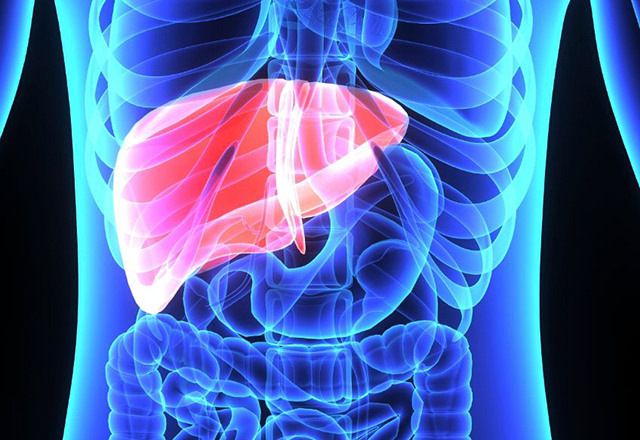— Advance of disease driven by high BMI, with social determinants of health playing a role
By Elizabeth Short
SAN DIEGO — The total number of people living with diabetes worldwide is expected to more than double over the next 30 years, reported researchers of the Global Burden of Diseases, Injuries, and Risk Factors Study (GBD) 2021.
Based on data from 204 countries and territories, approximately 529 million were estimated to be living with diabetes across the world in 2021, a number projected to grow to over 1.31 billion by 2050, according to Kanyin Liane Ong, PhD, of the University of Washington in Seattle, and colleagues of the GBD 2021 Diabetes Collaborators. Read more in MedPage Today.







